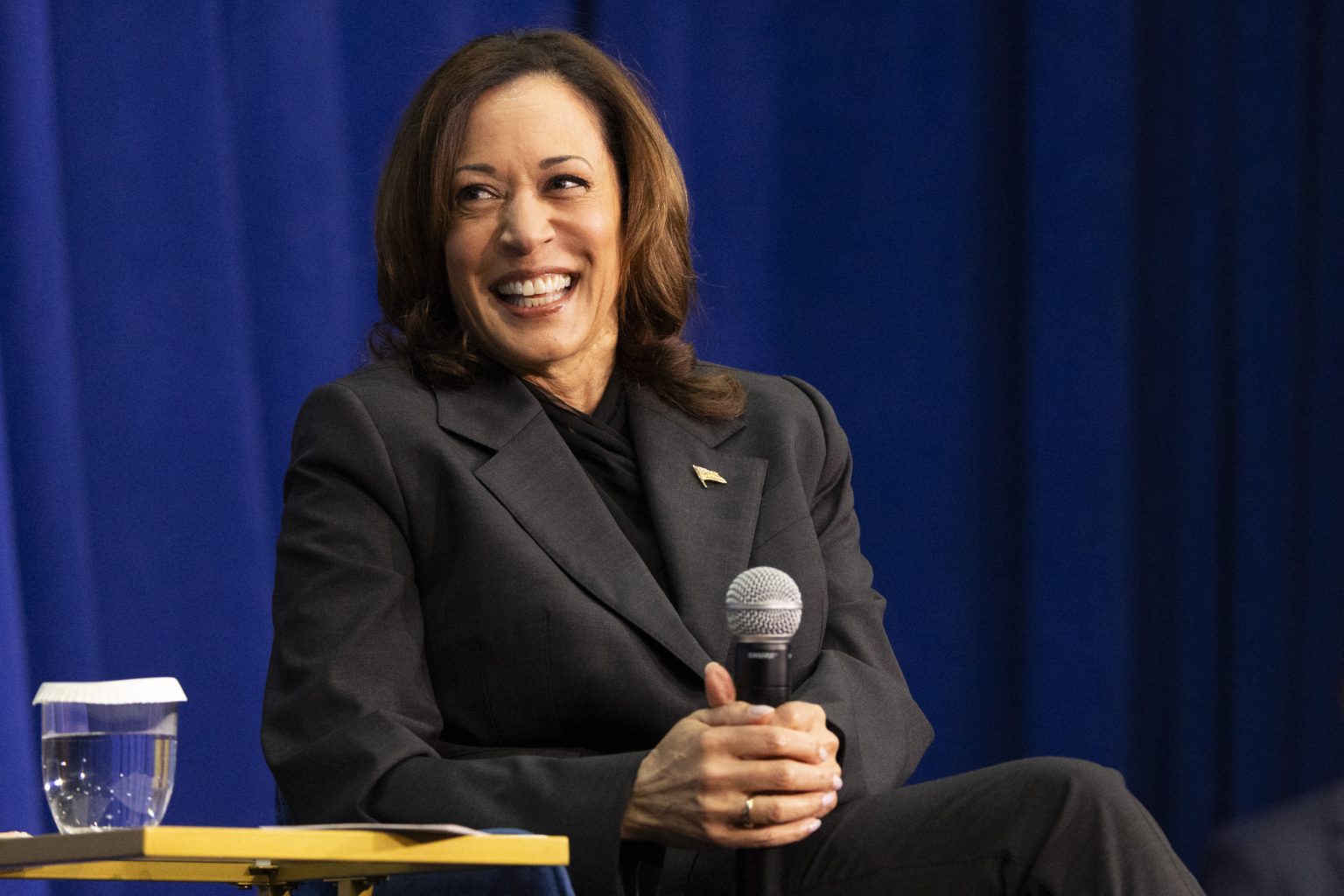Vice President Kamala Harris recently sparked controversy among conservatives after using the “f-word” during an event where she discussed breaking barriers and encouraging young Asian-Americans to pursue their dreams. Harris made the comment at an Asian Pacific American Institute for Congressional Studies event in Washington, D.C., emphasizing the importance of perseverance and not letting others dictate their potential. The remark prompted outrage from some conservatives, who criticized her for using profanity while representing the office of the vice president. They compared her language to instances where former President Donald Trump and President Joe Biden had also used profanities in the past, suggesting a pattern of behavior that diminishes the office.
Conservatives took to social media to express their displeasure with Harris’s language, with some accusing her of trying to appeal to young voters by using slang. Critics highlighted the contrast between her use of the expletive and what they considered appropriate behavior for a public official. However, others defended Harris and praised her for speaking authentically, arguing that her use of the word did not diminish her credibility or effectiveness as a leader. Some pointed out instances where past presidents had used profanities in similar contexts, suggesting that the outrage over Harris’s language was hypocritical.
The debate over Harris’s use of the “f-word” reflects broader cultural and generational divides regarding acceptable language and behavior for public figures. While some view her swearing as unprofessional and inappropriate for someone in her position, others argue that it makes her more relatable and authentic to a younger audience. The differing reactions to Harris’s language highlight the ongoing tension between traditional expectations of decorum and evolving norms of communication in contemporary society. As politicians navigate these complexities, they must consider how their words and actions are perceived by various audiences and strive to strike a balance between authenticity and professionalism.
Harris’s use of profanity has sparked discussions about the role of language in political discourse and the expectations placed on public officials to adhere to certain standards of behavior. While some see her choice of words as a misstep that detracts from her message, others view it as a refreshing departure from scripted and sanitized political speech. As politicians seek to connect with voters across diverse demographics, they may grapple with finding a language that resonates with different segments of the population while maintaining a sense of authority and respectability. Harris’s use of the expletive has reignited debates about the boundaries of acceptable language in politics and the extent to which authenticity should be prioritized over traditional norms of decorum.
In the midst of partisan reactions to Harris’s language, the underlying message of her remarks about perseverance and breaking barriers for marginalized communities risks being overshadowed. By focusing on her use of profanity, critics and supporters alike may overlook the substantive content of her speech and the themes of empowerment and resilience that she sought to convey. As debates over political language continue to shape public discourse, it is important to consider the broader context in which these controversies arise and to engage in constructive dialogue that moves beyond superficial reactions to isolated incidents. Ultimately, Harris’s comments serve as a reminder of the complexities and nuances of political communication in an increasingly polarized and scrutinized environment.







